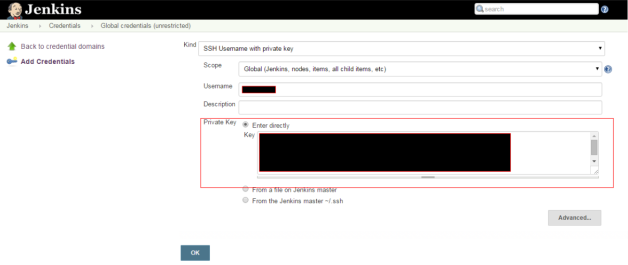We have automated tests that require runnable Google Chrome. Yet the Google Chrome kept crashing.
The first encountered is:
libGL error: failed to load driver: swrast
libGL error: Try again with LIBGL_DEBUG=verbose for more details.
This one is easy, install mesa-dri-drivers solved this.
Then cames:
ERROR:sandbox_linux.cc(338)] : InitializeSandbox() called with multiple threads in process gpu-process
My initial guess was SELinux, but journalctl returns nothing about it. After a few hours, I thought, how about firefox? Maybe it helps to set the SELinux and install the missing dependencies? And… Tada, both Firefox and Google Chrome worked. Eventually, I dug out that Google Chrome requires fonts to works. Specifically, liberation-fonts-common and liberation-sans-fonts.
To sum up, following command worked for me:
sudo yum -y install mesa-dri-drivers liberation-fonts-common liberation-sans-fonts
Update for ChromeDriver user
If you are also use ChromeDriver. Be aware that ChromeDriver 2.31 and up requires libc.so.6(GLIBC_2.18), yet RHEL 7 only provide libc.so.6(GLIBC_2.17)
